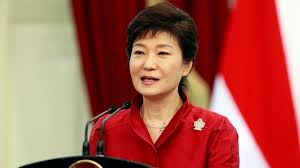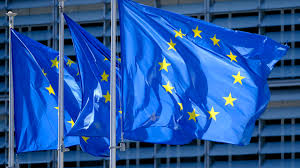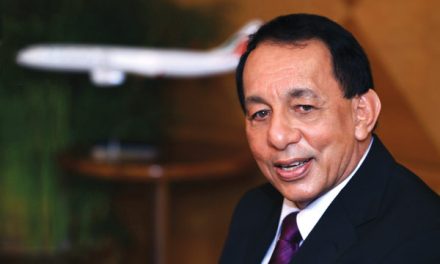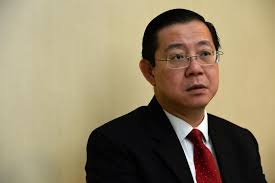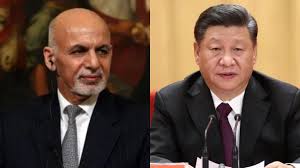9 December 2016
The National Assembly passed a motion to impeach President Park Geun-Hye. The motion was supported by 234 votes and 56 against. Some members of her own Saenuri party had voted against her. The motion transfers Park’s authority to the prime minister. But this decision must be approved by the Constitutional Court. It will decide whether to ratify the decision and permanently remove the president from office. A ruling by the could take up to six months, during which time Park will remain in the presidential Blue House
The National Assembly passed a motion to impeach President Park Geun-Hye. The motion was supported by 234 votes and 56 against. Some members of her own Saenuri party had voted against her. The motion transfers Park’s authority to the prime minister. But this decision must be approved by the Constitutional Court. It will decide whether to ratify the decision and permanently remove the president from office. A ruling by the could take up to six months, during which time Park will remain in the presidential Blue House
She has been in power for under four years. She is first the democratically-elected South Korean president to be impeached by the National Assembly.
The corruption scandal is focussed on her friendship with her long-time confidante Choi Soon-Sil, who took some $70 million from dozens of conglomerates, in the form of donation to two foundations she controlled.
There have been public protests. Last weekend, some 1.5 million people turned out in the capital, Seoul, to demand her to step down. After the vote of no confidence, Park apologised to the nation for “negligence” and said she took seriously parliament’s actions and the voice of the protesters.
After South Korea’s first free and fair election in 1987, every president has faced graft investigations after leaving office. One President, Roh Moo-Hyun, took his own life as a corruption probe closed in on his family.
She is the daughter of Park Chung-Hee, military strongman, who led the country from 1961 to 1979. Both her parents were assassinated. She was estranged from her two siblings. For these reasons, she promoted herself as invulnerable to nepotism. “I have no family to look after nor children to inherit my property … I want to devote myself to the nation and the people,” she said in a speech during the 2012 presidential campaign.
The corruption scandal is focussed on her friendship with her long-time confidante Choi Soon-Sil, who took some $70 million from dozens of conglomerates, in the form of donation to two foundations she controlled.
There have been public protests. Last weekend, some 1.5 million people turned out in the capital, Seoul, to demand her to step down. After the vote of no confidence, Park apologised to the nation for “negligence” and said she took seriously parliament’s actions and the voice of the protesters.
After South Korea’s first free and fair election in 1987, every president has faced graft investigations after leaving office. One President, Roh Moo-Hyun, took his own life as a corruption probe closed in on his family.
She is the daughter of Park Chung-Hee, military strongman, who led the country from 1961 to 1979. Both her parents were assassinated. She was estranged from her two siblings. For these reasons, she promoted herself as invulnerable to nepotism. “I have no family to look after nor children to inherit my property … I want to devote myself to the nation and the people,” she said in a speech during the 2012 presidential campaign.

